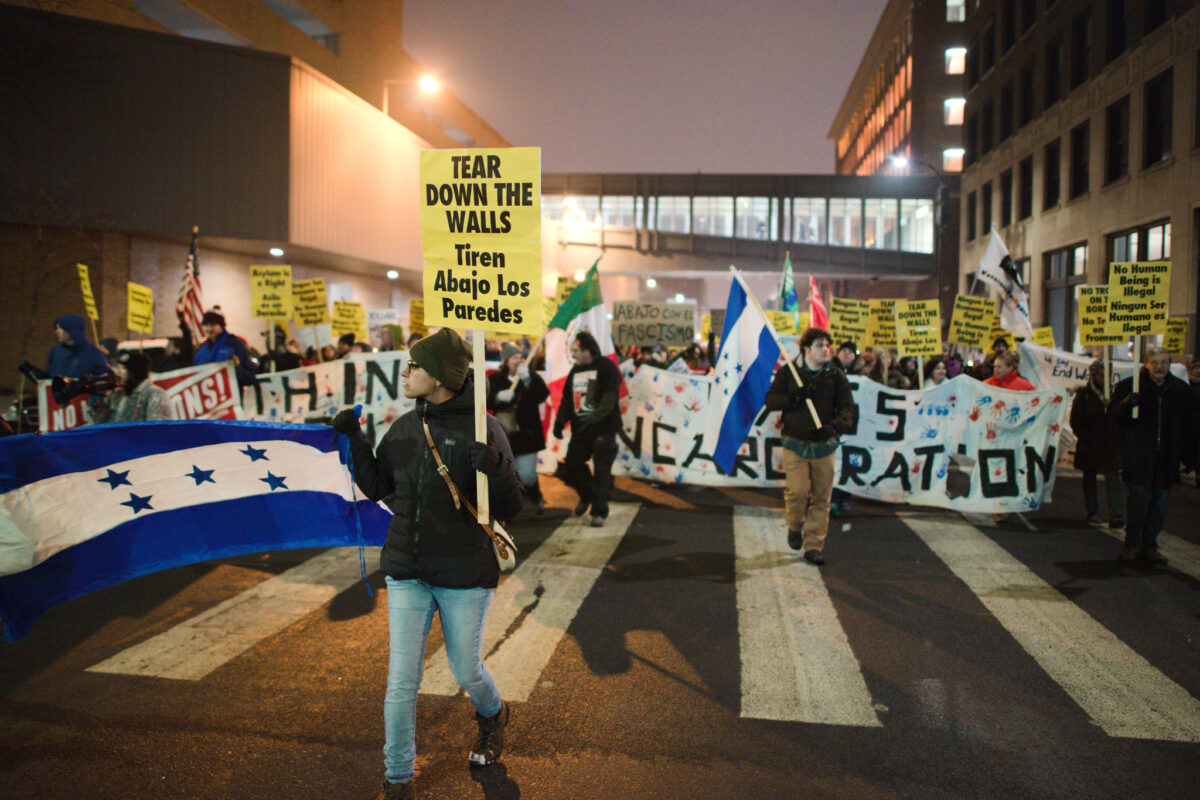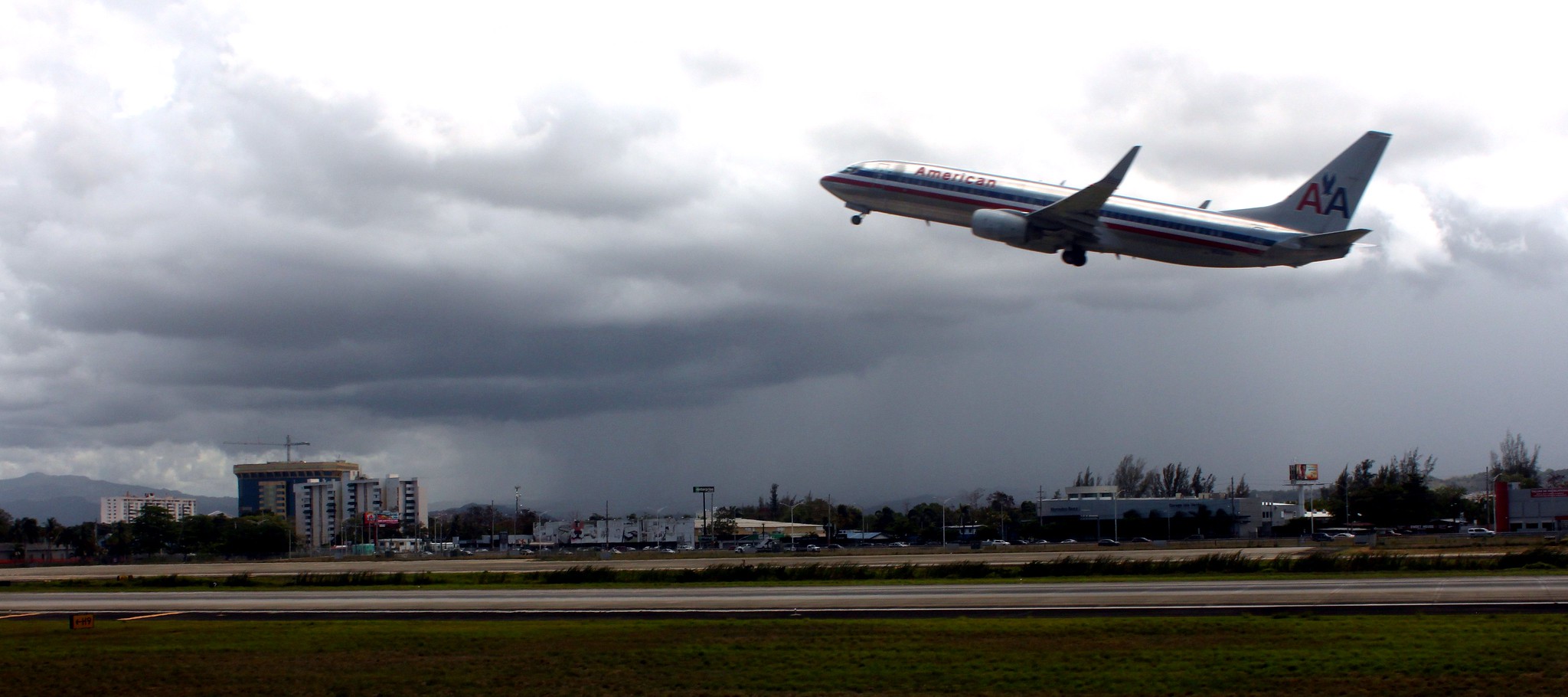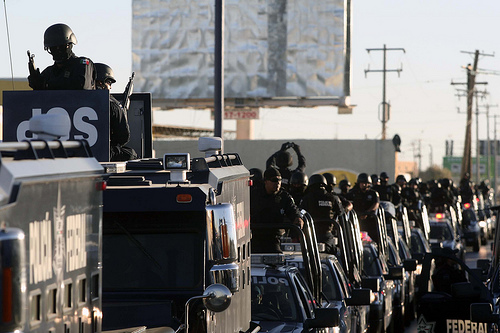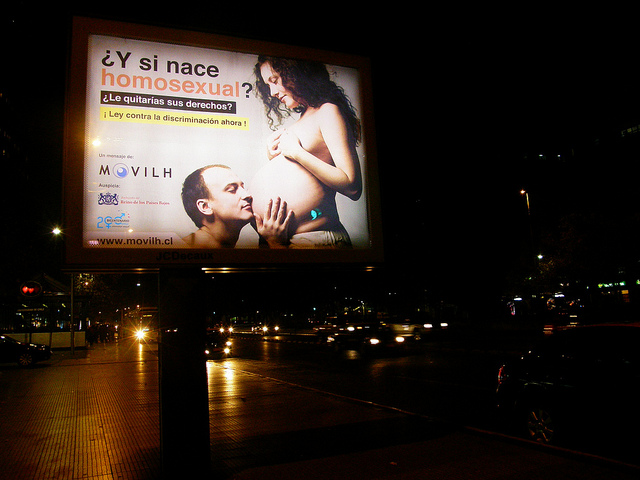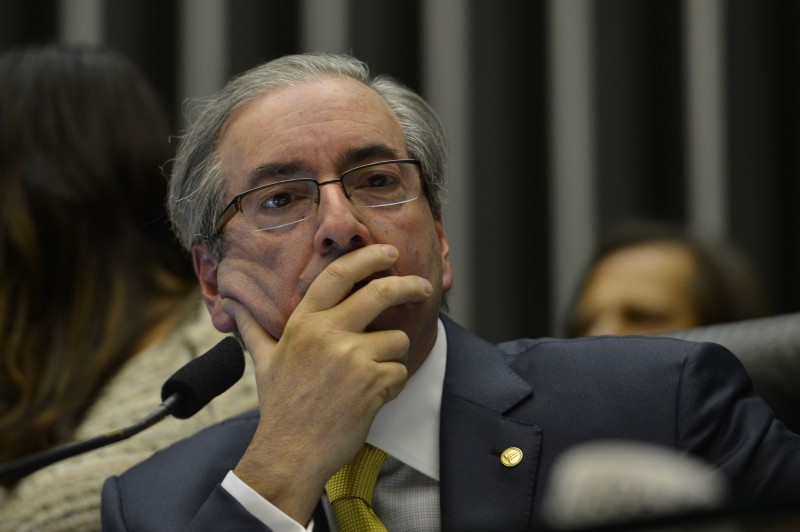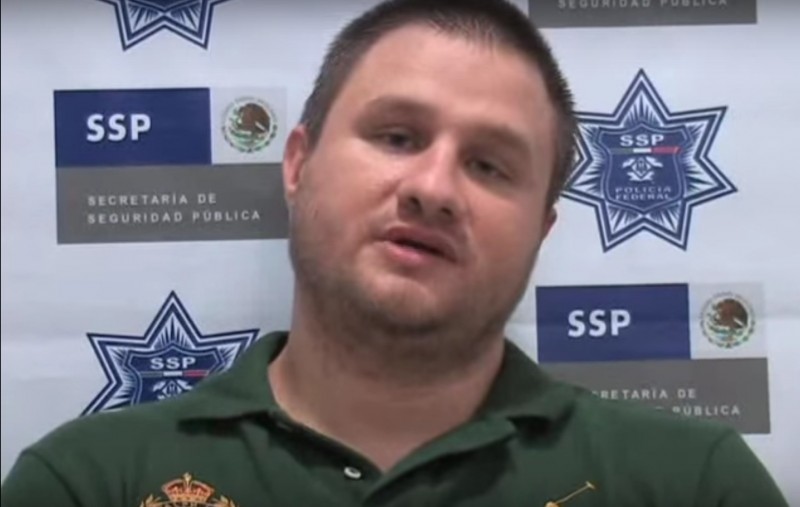
Latin America: Week in Review, Mexico, North America
In Policy Shift, Mexico Extradites Traffickers to United States
October 1, 2015 By Staff
Top Story — Mexico extradited 13 people to the United States on Wednesday as part of what The Associated Press called new efforts at coordination between the two countries in the fight against organized crime.
Those extradited include two high-profile drug lords, a man charged with killing a U.S. Customs and Enforcement Agent in 2011, and three men charged for their involvement in the 2010 murder of a U.S. consular official. While Mexican officials have refused to comment on whether the timing of the extraditions is related to the embarassing escape of drug kingpin Joaquín “El Chapo” Guzmán from a maximum prison earlier this year, experts suspect a link.
“My guess is that they’re probably starting to make amends for El Chapo,” Alejandro Hope, a Mexican security expert, told the AP. Weeks before Guzmán escaped from prison through a tunnel beneath his cell the United States had requested his extradition, which generated tension between the Mexican and U.S. governments upon Guzmán’s escape.
Mexico’s new approach to extradition is evidence of a “warming of relations,” according to the New York Times.
One of the two major drug lords extradited, the U.S.-born Édgar Valdez Villarreal, known as “La Barbie” for his fair complexion, was once a Texas high school football star but came to lead his own division of the Beltrán-Leyva cartel and now faces drug-trafficking charges in three states. The other, Jorge Costilla Sánchez, known as “El Coss,” was an alleged leader of both the Gulf Cartel and Los Zetas.
Headlines from the Western Hemisphere
North America
- After a largely unsuccessful auction in July of Mexican oil blocks, a follow-up auction on Wednesday resulted in more success after contracts were signed for three of the five blocks up for bid.
- New Yorker writer Francisco Goldman published his seventh dispatch from Mexico on the Ayotzinapa student disappearances, exploring new findings concerning the students’ true fate.
Caribbean
- British Prime Minister David Cameron, during his first official visit to Jamaica, refused calls for slave reparations by Caribbean states, although he said that Britain’s rule over its one-time colony created “wounds that run very deep.”
- Major U.S. hotel chains are reportedly in talks with Cuban officials over investment on the island, a move suggesting Reuters that “the race for Cuba’s beach-front is on.”
- Controversial former Haitian President Jean-Bertrand Aristide — twice forced from power — implored thousands of supporters on Wednesday to vote for his political faction’s candidate, Maryse Narcisse, in the country’s Oct. 25 presidential elections.
Central America
- The corruption trial against Honduran Vice President Lena Gutierrez, one of many government leaders accused of graft, began on Wednesday.
- El Salvador is debating a“cell-phone tax” to raise money for public security, and InSight Crime suggests the controversy over the proposal is a sign the political class hasn’t become so desperate it will do anything to provide resources for security
Andes
- In the wake of a border crisis with Colombia, opposition candidates hoping to gain ground in upcoming legislative elections are suggesting the conflict was orchestrated by President Nicolás Maduro in order to rally support for his party.
- Due to falling oil prices, Ecuador’s economy has entered a recession for the first time since 2009.
Southern Cone
- In Rio de Janeiro, five police officers tasked with patrolling one of the city’s favelas were charged with fraud after a local resident filmed them placing a gun in a 17-year-old victim’s hand after they had shot him in order to justify their claims of self-defense.
- Argentina accused the United States of not participating sufficiently in the country’s efforts to track down a former intelligence officer reportedly hiding in Miami, warning that U.S indifference could damage the relationship between the two countries.
